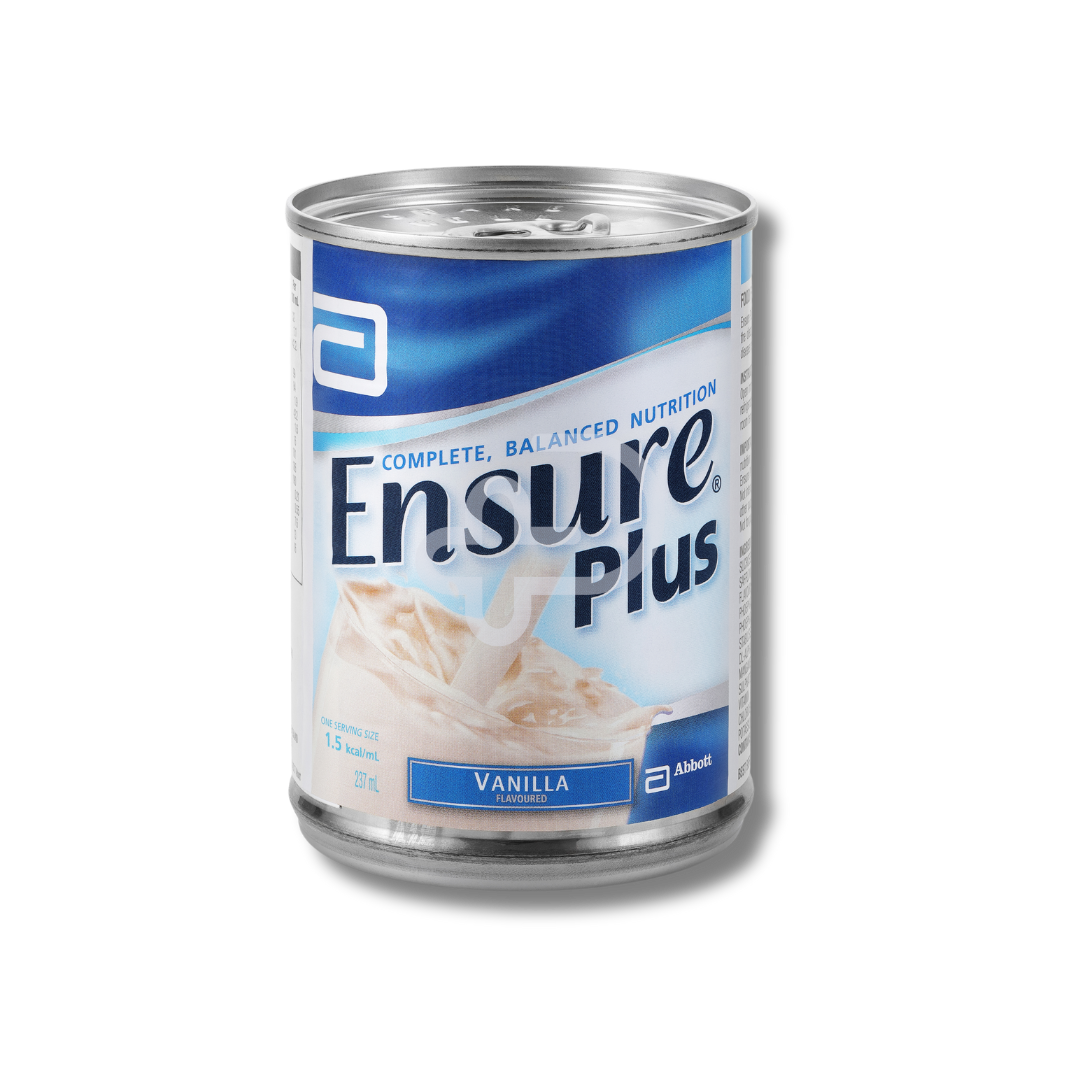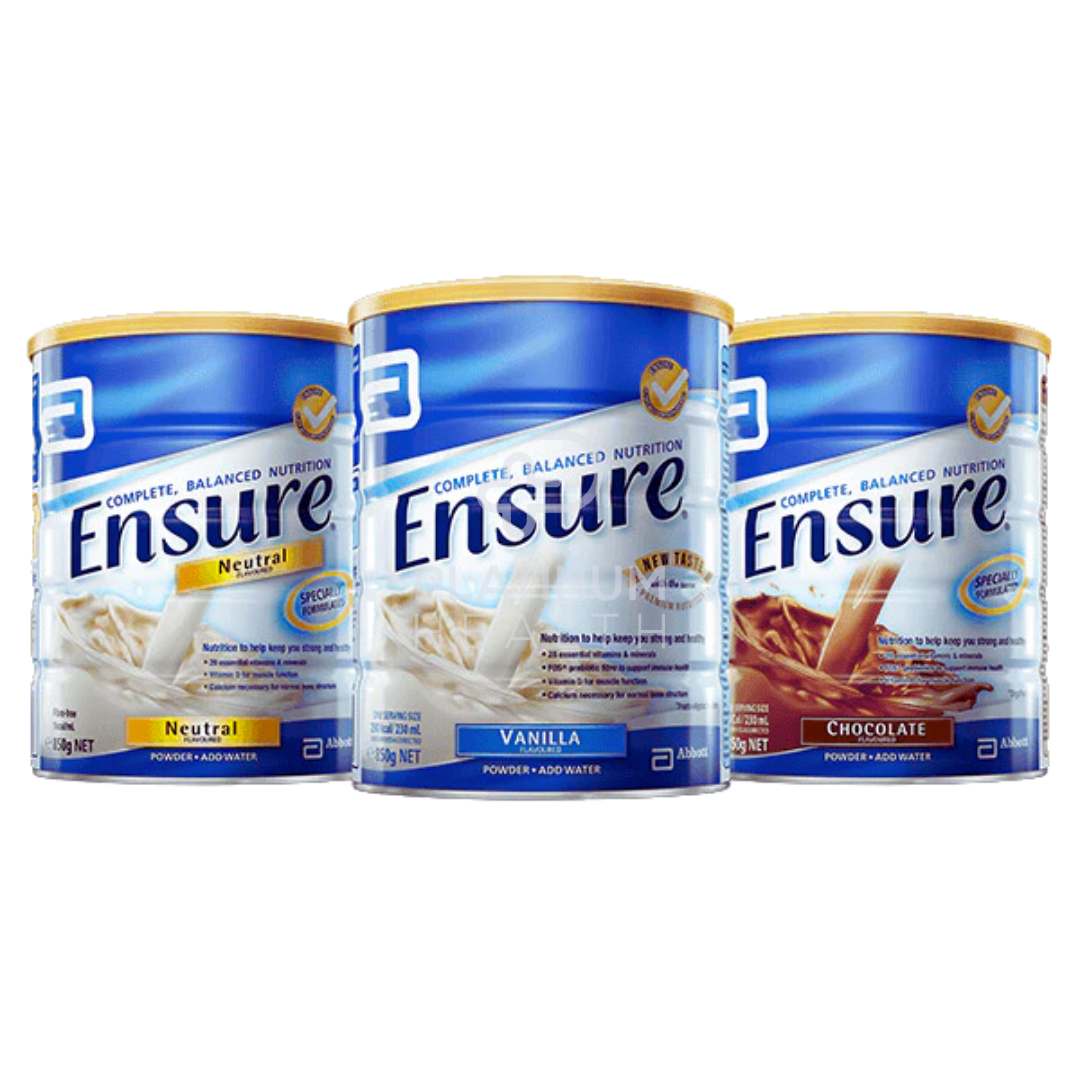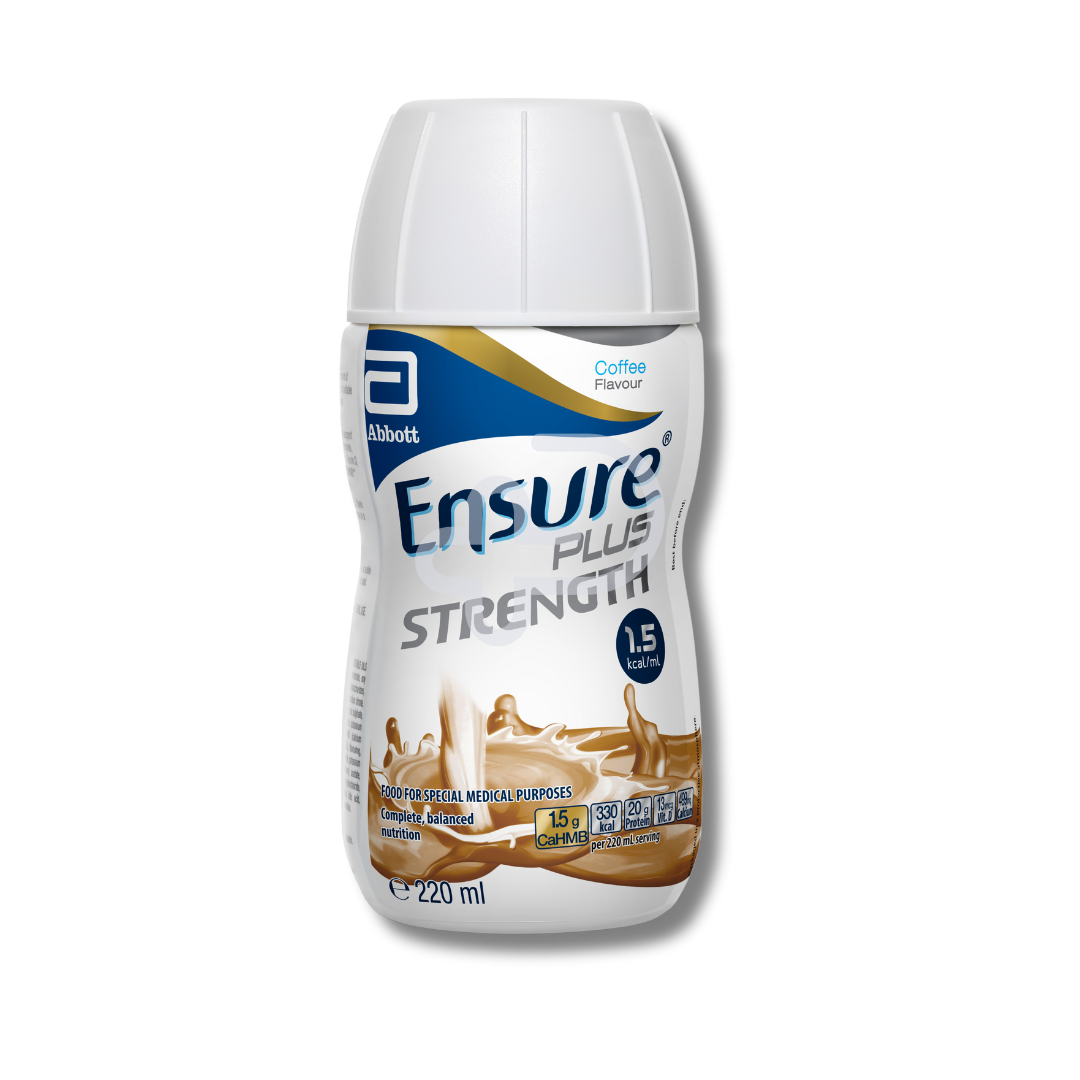Signs of Malnutrition in Seniors and How to Prevent It

Proper nutrition is more than just full bellies—it's about living fully.
As we age, our bodies become a bit more particular. The same slice of toast and cup of tea that once did the trick may no longer be enough to fuel energy, strength, and vitality. And yet, malnutrition in seniors often goes unnoticed—mistaken for “just getting older.”
But here’s the truth: malnutrition is not a normal part of ageing. It’s a serious concern with real health consequences—and the good news? It’s preventable.
Let’s explore the signs to watch out for, the reasons it happens, and the simple ways to get nutrition back on track.
Common Signs of Malnutrition in Seniors
Spotting malnutrition isn’t always as easy as noticing a shrinking waistline. The symptoms can be subtle—and easy to dismiss as “just old age.” But left unchecked, malnutrition can lead to serious health consequences. So, let’s break it down with a checklist of red flags you don’t want to ignore:
1. Sudden or Unexplained Weight Loss
If your loved one’s clothes are hanging looser than usual or they’ve lost weight without trying, that’s a red flag. According to Healthdirect Australia, unexpected weight loss is one of the most common early signs of malnutrition in older adults. It can signal that they’re not getting enough calories, protein, or essential nutrients—even if they’re still eating regularly.
💡Why it matters
Even modest weight loss can lead to loss of muscle mass, making everyday tasks more difficult and increasing fall risk.
2. Constant Fatigue or Low Energy
We all get tired, but if someone is constantly worn out—even after a good night’s sleep—it could be due to a lack of iron, B vitamins, or overall calories. WebMD notes that persistent fatigue can be one of the body’s SOS signals for nutritional support.
💡Why it matters
Without the right fuel, the body and brain slow down. This can affect mobility, concentration, and mood.
3. Brittle Nails, Thinning Hair & Dry Skin
Beauty may be skin deep—but changes in skin, hair, and nails can be the body’s way of flagging nutritional deficiencies. As Parsons House Cypress points out, weak or breaking nails, thinning hair, or flaky skin are often signs of vitamin or protein deficiency.
💡Why it matters
These changes aren’t just cosmetic. They signal that the body isn’t getting the building blocks it needs to repair and maintain itself.
4. Wounds That Won’t Heal
Is that tiny scratch still hanging around two weeks later? According to the NHS, slow-healing wounds can point to poor protein intake and deficiencies in nutrients like vitamin C and zinc.
💡Why it matters
The body relies on nutrients to rebuild damaged tissues. Without them, even minor injuries can become major issues—especially for seniors with compromised immunity.
5. Mood Changes or Depression
Nutrition and mental health are more closely linked than you might think. Malnutrition can affect mood-regulating hormones and cognitive function. According to Home Care Assistance Australia, depression and confusion are not uncommon signs of poor nutrition in older adults.
💡Why it matters
Lack of nutrients like omega-3s, B12, and folate can contribute to low mood, irritability, and cognitive decline—making it harder to stay engaged and independent.
6. Loss of Appetite or Disinterest in Food
Here’s the sneaky part: malnutrition can actually cause appetite loss. According to Healthdirect, this creates a cycle where someone eats less, becomes malnourished, then loses more appetite.
💡Why it matters
Seniors who “just aren’t hungry” may not be meeting their body’s nutritional needs, especially if they’re living alone or dealing with medications that dull taste or suppress hunger.
Pro Tip: Trust Your Gut (Literally and Figuratively)
If something seems off—even if the person insists they’re fine—don’t ignore it. Malnutrition can develop slowly and silently. Start with small changes, like adding a nutritional supplement drink such as Ensure, which provides a tasty, easy-to-digest source of protein, vitamins, and energy in every sip.
Why It Happens: Common Risk Factors of Malnutrition in the Elderly
Malnutrition rarely shows up out of the blue—it tends to sneak in quietly, often the result of small, compounding factors. The good news? Once you understand the risks, you can take steps to prevent it. Here are a few common culprits:
1. Reduced Appetite
It’s not uncommon for older adults to feel less hungry over time. According to Healthdirect, appetite can decrease due to slower metabolism, hormonal changes, or even emotional health. Add in a touch of loneliness or stress, and mealtimes can start to feel more like a chore than a pleasure.
2. Difficulty Chewing or Swallowing (Dysphagia)
When eating becomes physically uncomfortable, it’s no wonder people eat less. According to WebMD, dysphagia is a major barrier to proper nutrition in seniors and can turn even favourite meals into a source of frustration.
3. Medication Side Effects
Some medicines dull the taste buds, upset the stomach, or interfere with digestion. According to the National Institute on Aging, common medications can make food taste metallic or bitter—definitely not ideal when trying to encourage healthy eating.
4. Chronic Illnesses
Conditions like cancer, dementia, or gastrointestinal disorders can reduce nutrient absorption and appetite. As Home Care Assistance Australia notes, chronic illness increases the body’s nutritional needs—just when intake tends to drop.
5. Social Isolation
Let’s face it—eating solo can be a little depressing. According to Parsons House Cypress, seniors living alone are more likely to skip meals or opt for less nutritious snacks. Sharing meals, even virtually or with a caregiver, can help make food feel joyful again.
The Silver Lining
Once you recognise the patterns, they can be addressed with empathy and simple solutions—like tasty supplement drinks, easy-to-chew meal options, or a little mealtime company. Prevention starts with awareness—and a little extra care goes a long way.
How to Prevent Malnutrition (Yes, You Can Start Today!)
Here’s the good news: malnutrition isn’t a life sentence—in fact, most cases are completely preventable with a few simple changes and a bit of creativity in the kitchen (or at the bedside table).
According to Healthdirect, early intervention is key, and small steps can make a big impact. Ready to take action? Here’s how:
1. Small, Frequent Meals
Big meals can be overwhelming, especially for those with low appetite or energy. Eating 5–6 small meals throughout the day helps maintain energy levels and makes nutrition more manageable.
2. Fortify Everyday Foods
Think of this as sneaky nutrition. A spoonful of ensure powder in their soup, a handful of grated cheese in their eggs, or a drizzle of olive oil on roasted veggies = extra calories and nutrients without more volume. WebMD recommends food fortification as a top strategy for seniors who eat less but need more.
3. Snack Smart
Keep high-protein, high-calorie snacks within reach—like yoghurt, peanut butter, trail mix, or a good ol' protein bar. These mini-meals help fill nutrient gaps and can be especially handy when appetite strikes unexpectedly (or not at all).
4. Make Mealtimes Enjoyable
Don’t underestimate the power of atmosphere. Seniors are more likely to eat well when dining is social and enjoyable. Add music, eat with others, light a candle—whatever turns “just another meal” into something to look forward to.
5. Add Supplement Drinks
If meals alone aren’t enough, this is where oral nutritional supplements come in clutch. They’re easy to sip, packed with protein, vitamins, and energy—and they taste pretty great these days, too. (Stay tuned… we’re about to recommend our faves from Platinum Health!)
Why Supplement Drinks Like Ensure Are a Game-Changer
Some days, cooking a full meal feels like climbing a mountain…
backwards…
in slippers.
Whether it’s fatigue, low appetite, or difficulty chewing, seniors often need a simpler way to stay nourished. That’s where Ensure steps in—offering delicious, doctor-recommended options that make getting vital nutrients feel effortless.
Why Choose Ensure?
According to Healthline, Ensure drinks are packed with balanced nutrition and have become a staple in many aged care plans. They’re ideal for filling nutritional gaps and supporting energy, strength, and recovery.
Here’s what makes Ensure a standout:
✅ 28 essential vitamins and minerals – supporting everything from immune function to brain health.
✅ High-quality protein – helps preserve muscle mass and supports strength for everyday activities.
✅ Calcium & vitamin D – crucial for bone health and fall prevention.
✅ Prebiotic fibre – promotes good digestion and gut health.
✅ Low lactose & gluten-free – gentle for sensitive tummies.
Choose the Ensure Drink That Fits Your Needs:
1. Ensure Plus

A ready-to-drink nutritional supplement with high energy and protein to support recovery, ideal for seniors with low appetite or weight loss. Bonus: it tastes like a treat!
2. Ensure Powder

A flexible option you can mix into smoothies, porridge, coffee, or even soups. Great for those who prefer to boost their meals without extra volume.
3. Ensure Plus Strength

Designed to deliver concentrated energy and high protein in a small, easy-to-consume bottle. Perfect for recovery, rehab, or everyday vitality.
Whether you're a senior looking to boost your intake, or a carer searching for an easy, effective solution—Ensure drinks deliver peace of mind in every sip.
Explore the full range of Ensure nutritional supplements at Platinum Health Supply—and take a proactive step toward better health today.
Your Next Step to Better Nutrition Starts Here
Malnutrition doesn’t have to be part of ageing—and with the right tools, it won’t be. By staying informed and taking small, consistent steps, you can help yourself or your loved one stay stronger, sharper, and more resilient every day.
Ready to take action? Explore our range of nutritional drinks and other senior oral supplements at Platinum Health Supply—and start fuelling better health, one sip at a time.
